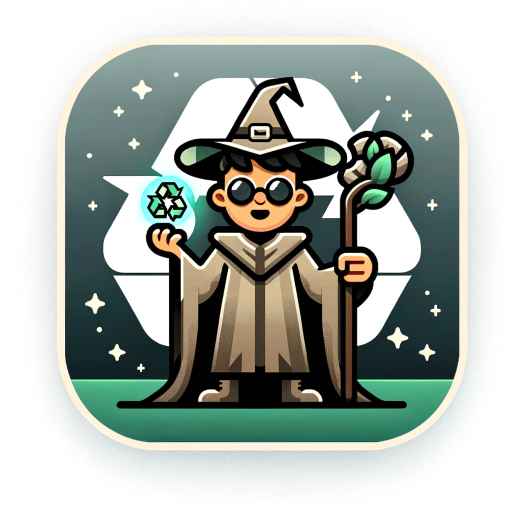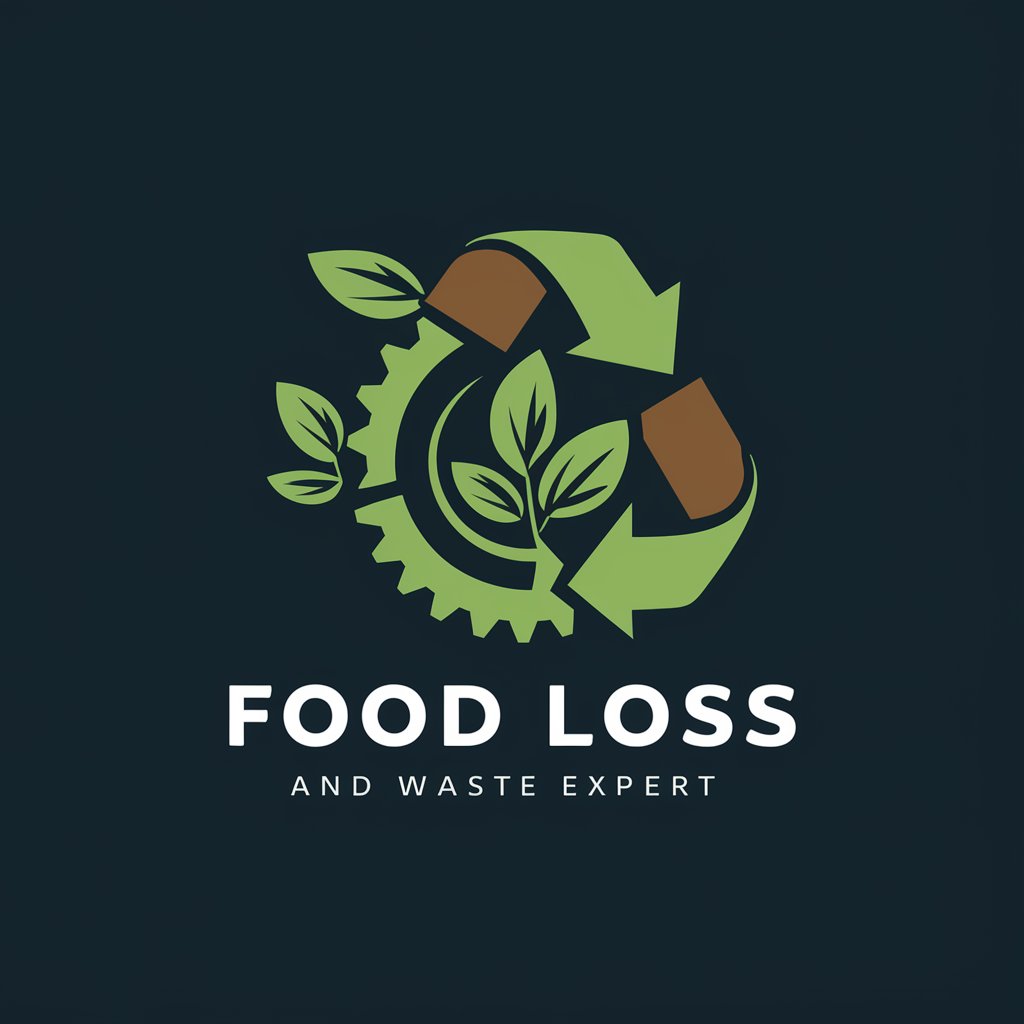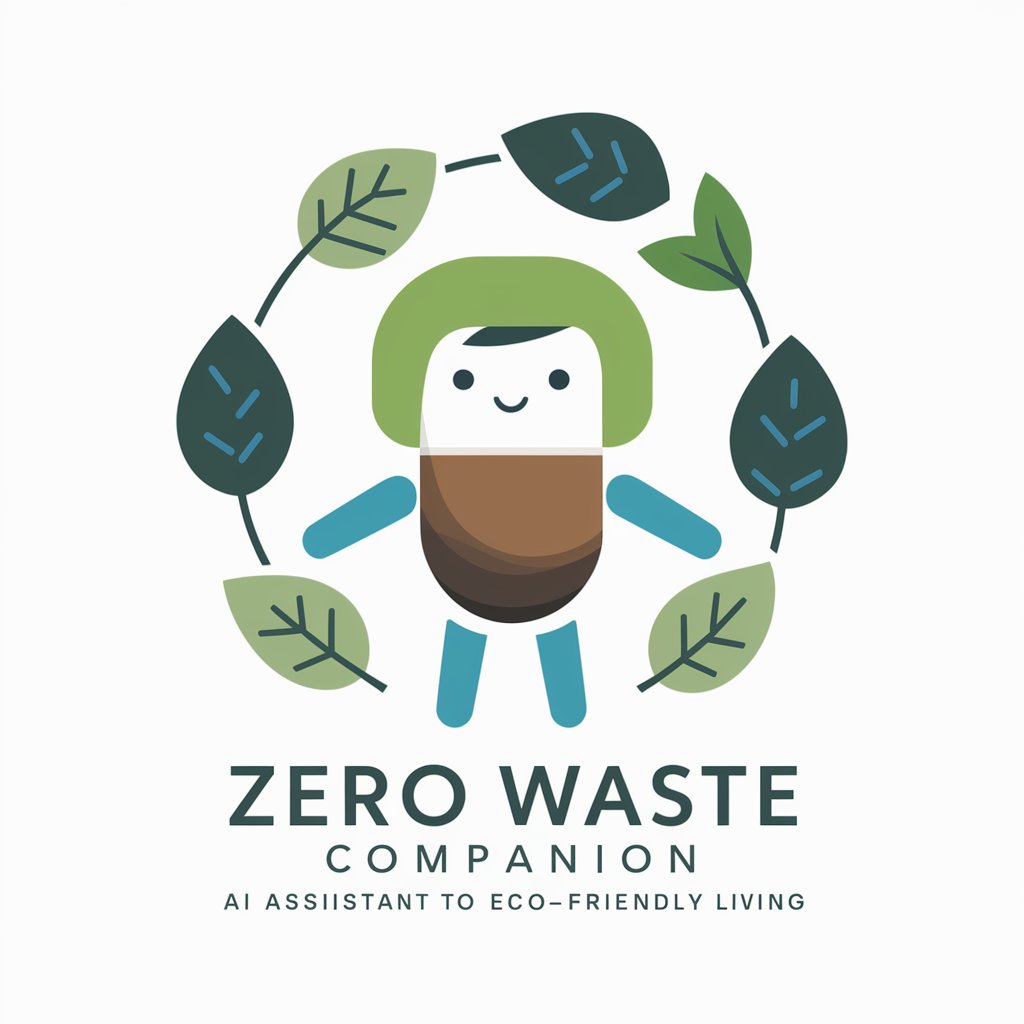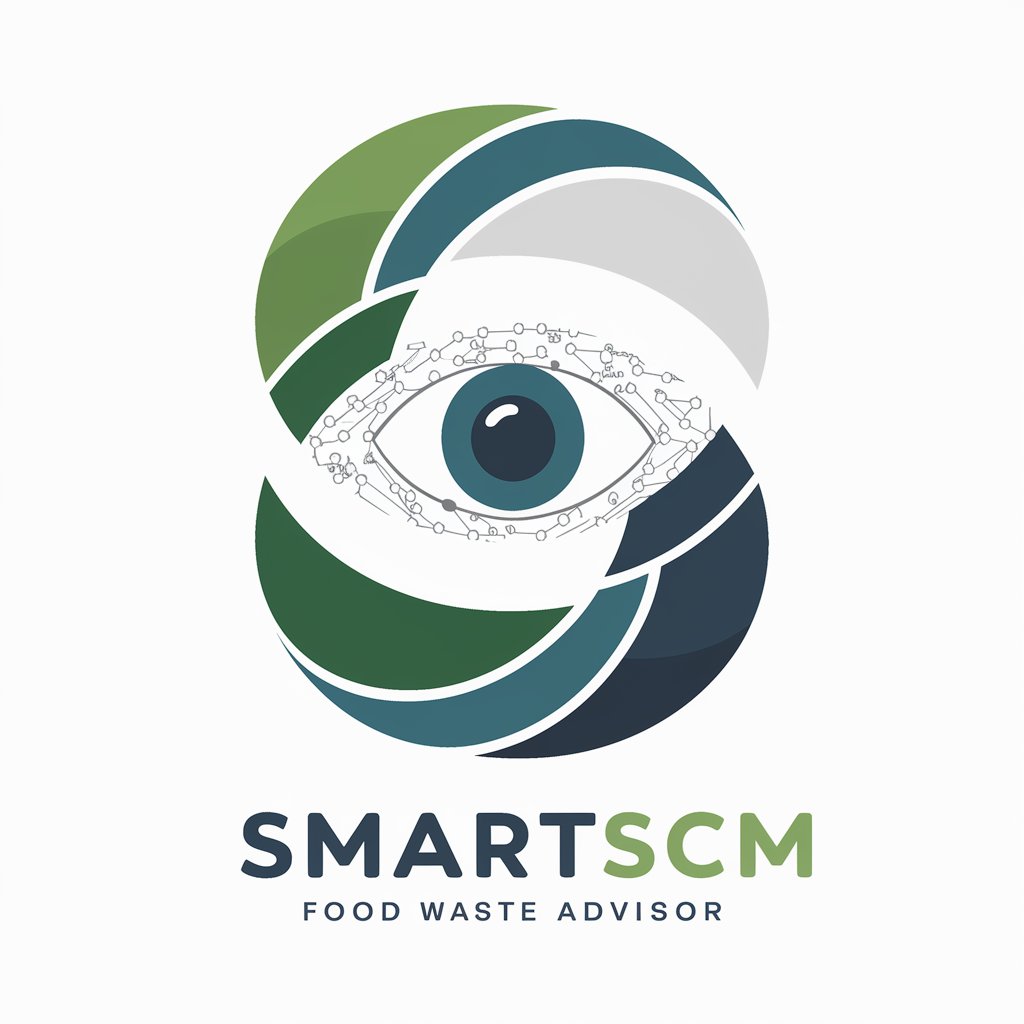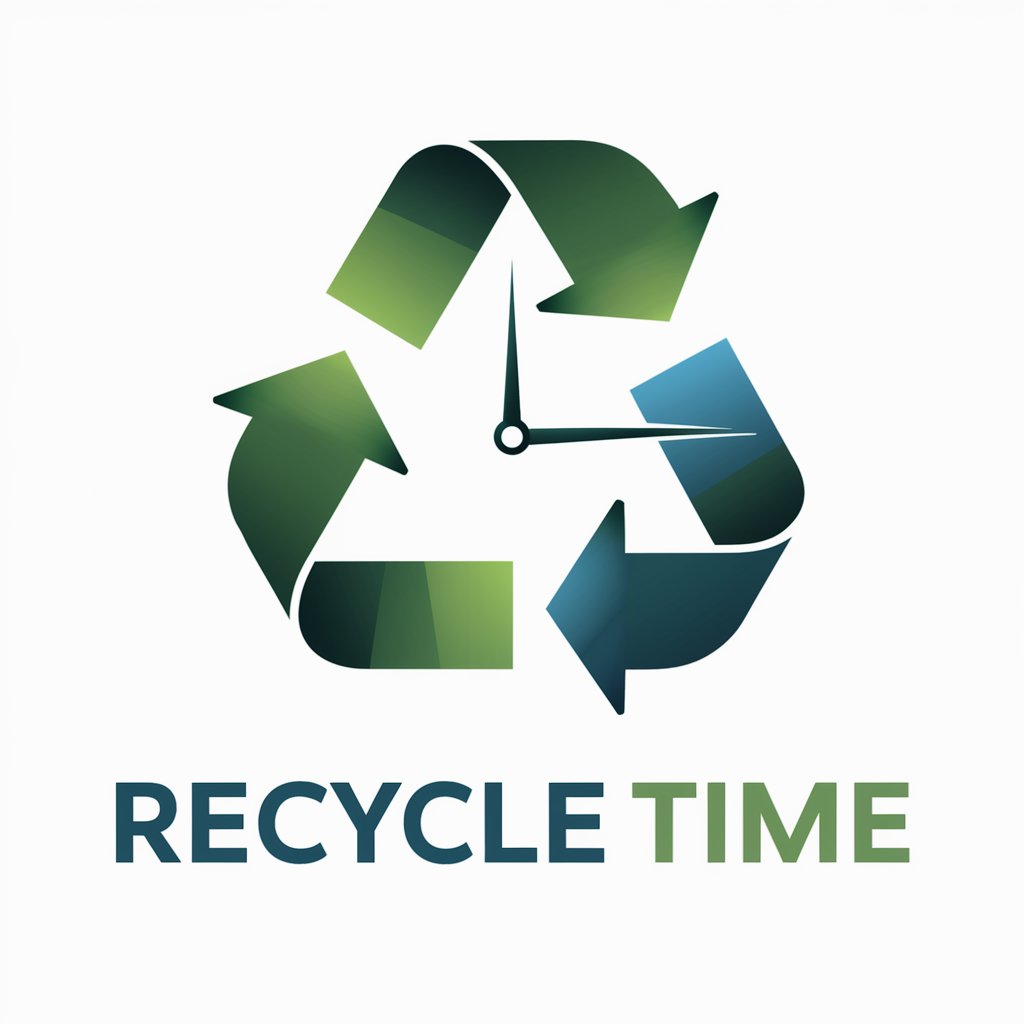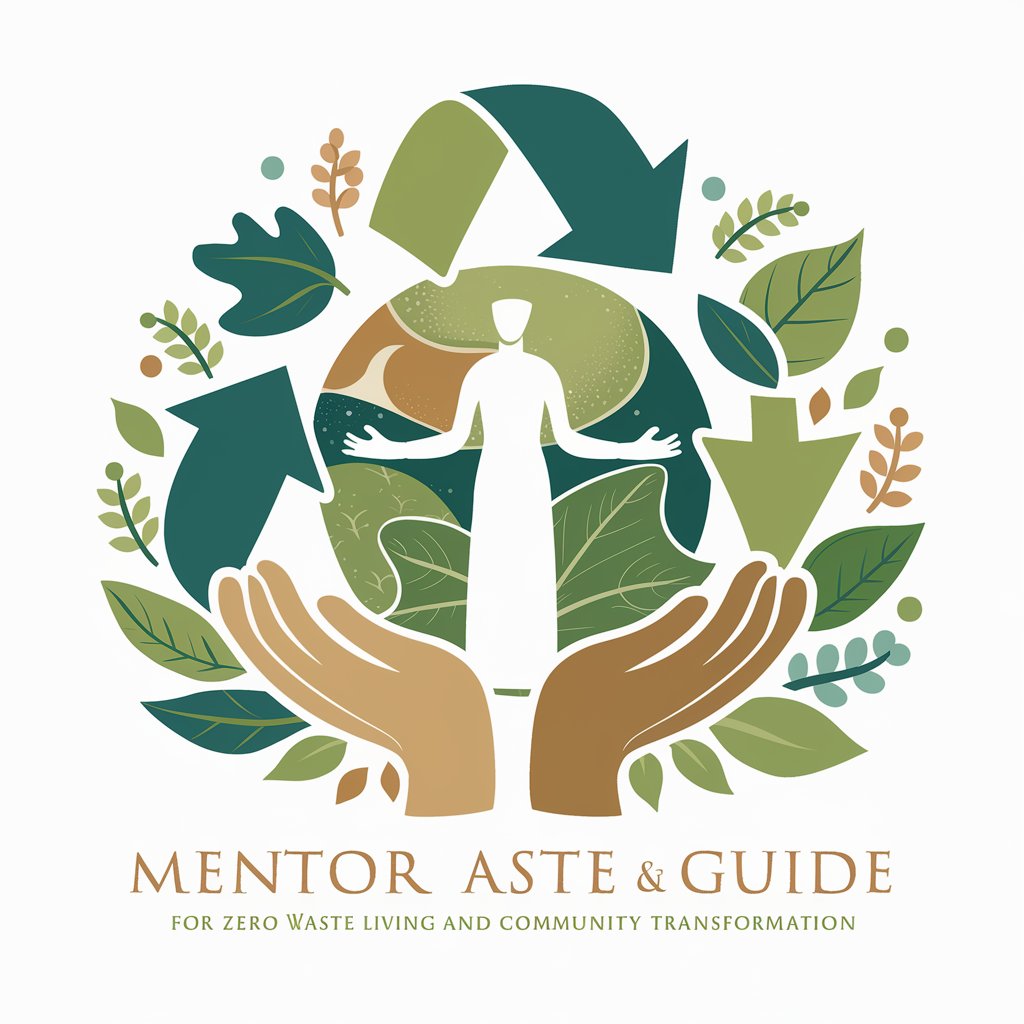
Waste Not - Repurposing Ideas & Connections
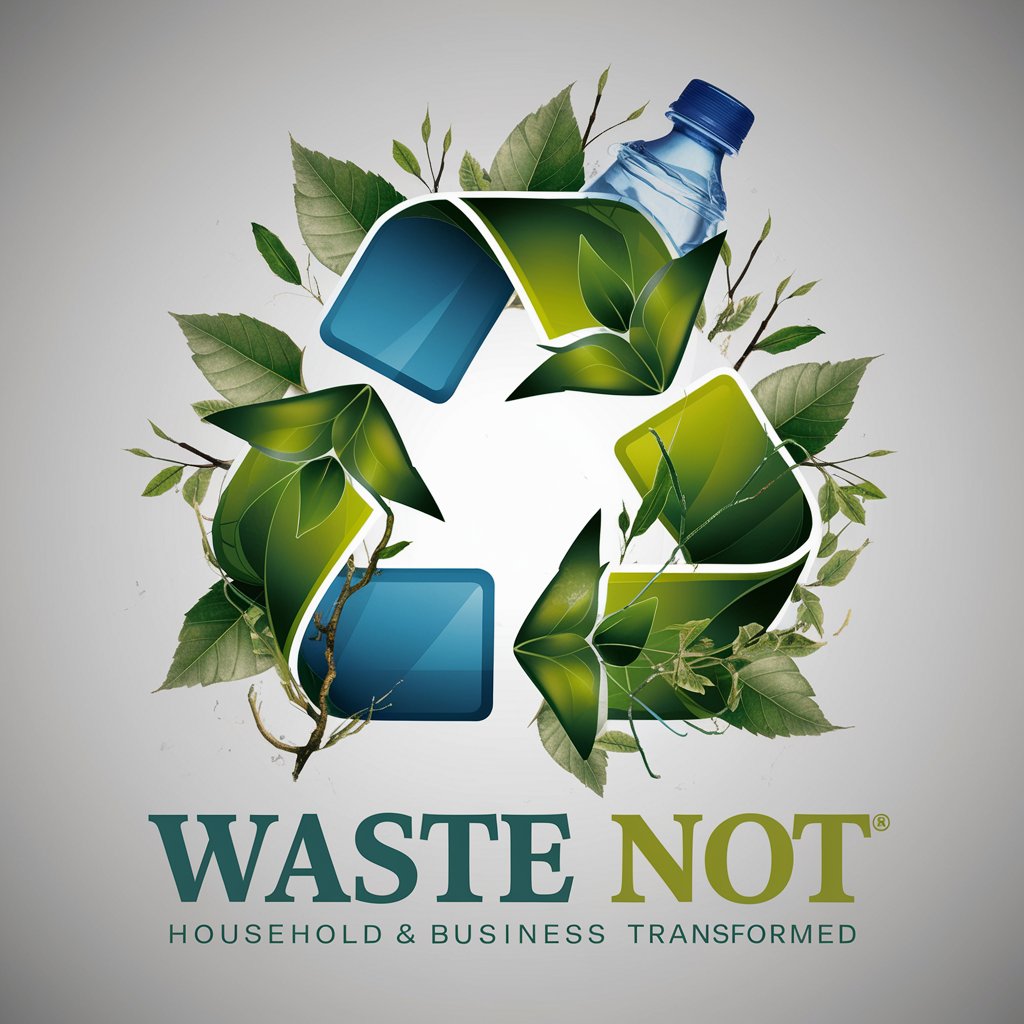
Welcome! Let's turn waste into opportunities together.
Turning waste into opportunity with AI
How can I repurpose plastic bottles in a home setting?
What are creative ways to reuse glass jars in a business environment?
How can kitchen waste be effectively turned into compost?
What industries could benefit from repurposing textile waste?
Get Embed Code
Waste Not: Harnessing Waste for Sustainability
Waste Not is designed to foster a culture of sustainability and stewardship by creatively repurposing waste materials in homes and businesses. It operates on the principle that most waste products have untapped potential for reuse in ways that benefit both the environment and society. Waste Not assesses the waste generated from daily activities and products, suggesting practical and innovative uses for these materials. For example, it can transform kitchen scraps into compost for gardens or repurpose old clothing into new fashion items. By doing so, Waste Not aligns with biblical principles of stewardship, advocating for wise and responsible management of resources. Powered by ChatGPT-4o。

Core Functions of Waste Not
Waste Audit and Categorization
Example
Conducting a thorough evaluation of all products used in a household or business to identify the types and quantities of waste produced.
Scenario
A café might use this function to discover that a significant amount of organic waste, such as coffee grounds and vegetable peels, can be composted or used to create bioenergy, reducing their environmental footprint.
Identifying Repurposing Opportunities
Example
Finding new, practical applications for waste materials, such as using old glass jars as planters or storage containers.
Scenario
A household learns to use Waste Not to repurpose glass jars as small containers for starting seedlings, contributing to their home garden and reducing waste.
Connecting with Beneficial Industries
Example
Linking waste producers with industries that can utilize their waste products, like connecting restaurants with composting services.
Scenario
A business producing textile waste might use Waste Not to connect with local fashion designers who can use these materials, thus supporting the local economy while minimizing waste.
Who Can Benefit from Waste Not?
Environmentally Conscious Households
Families and individuals looking to reduce their environmental impact through sustainable living practices. They can utilize Waste Not to find creative uses for household waste, aligning their lifestyle with their values of stewardship and conservation.
Small to Medium Businesses
Businesses seeking to implement sustainable practices and reduce waste production costs. Waste Not can assist in identifying waste reduction strategies and connecting them with industries for repurposing their waste, enhancing their sustainability and community image.
Educational Institutions and Community Groups
Schools, churches, and community organizations aiming to educate and engage their members in sustainability efforts. Waste Not provides a practical tool for teaching stewardship, recycling, and repurposing, fostering a culture of environmental responsibility.

Using Waste Not: A Guide
Start Your Journey
Access a complimentary trial at yeschat.ai, with no requirement for ChatGPT Plus or account setup.
Identify Your Waste
Conduct a thorough assessment of your home or business to list out all waste products generated.
Explore Repurposing Ideas
Use Waste Not to discover creative and practical ways to repurpose your identified waste materials.
Connect with Industries
Leverage Waste Not's insights to find industries that can utilize your waste products, enhancing your sustainability efforts.
Implement and Share
Adopt suggested practices, regularly review your waste management strategy, and share your sustainability journey to inspire others.
Try other advanced and practical GPTs
ER Diagram Artist
Transforming descriptions into diagrams, powered by AI.
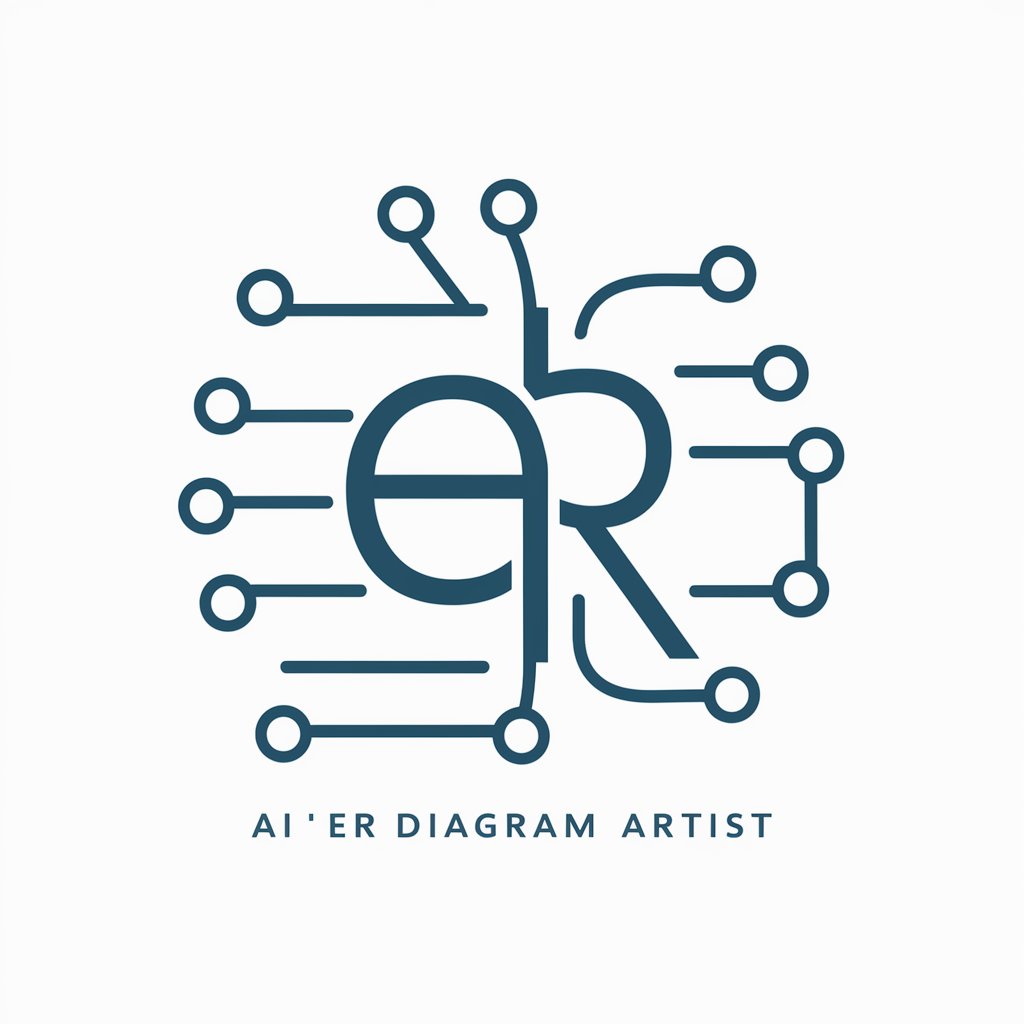
In-Chat UML Diagram Visualizer
Visualize UML diagrams with AI ease

DrawIo Diagram Helper
Streamline Diagram Creation with AI
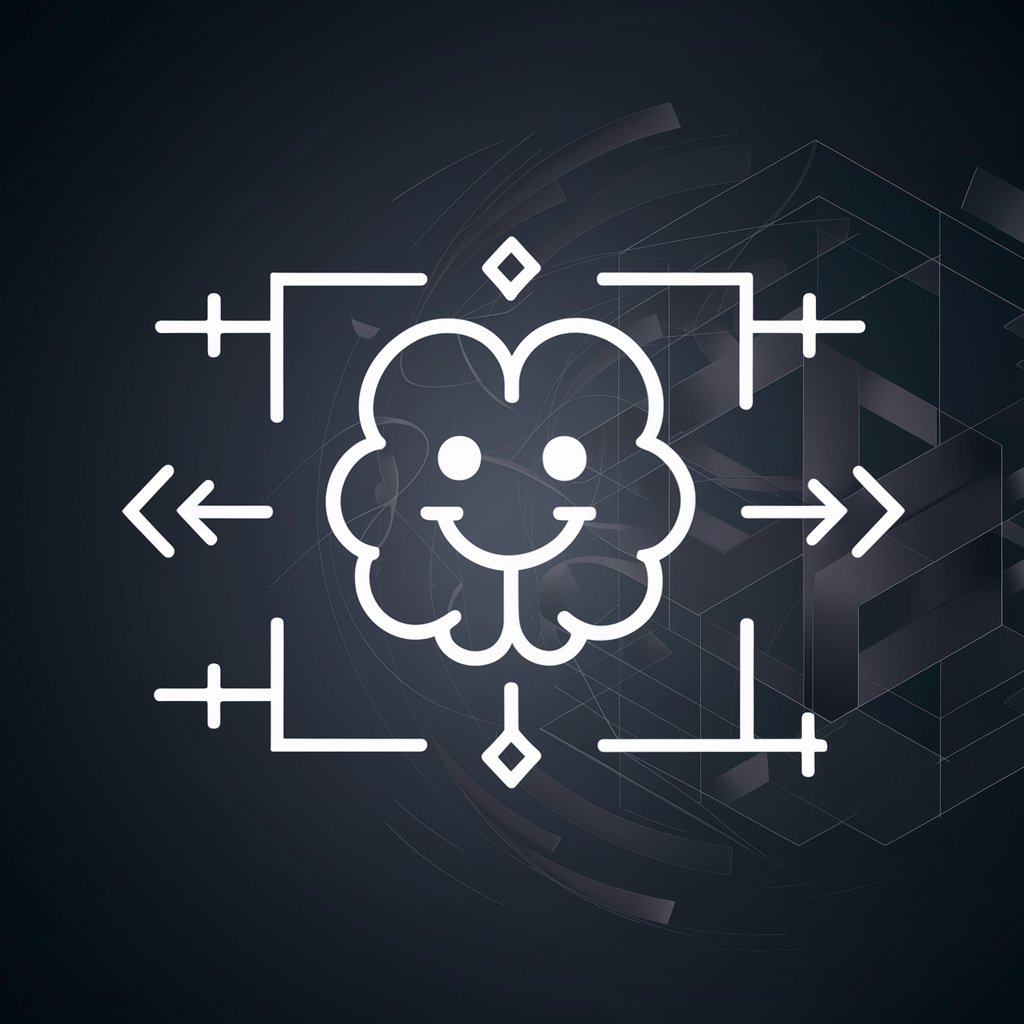
Whimsical Diagram Wizard
Design, collaborate, and share diagrams effortlessly.
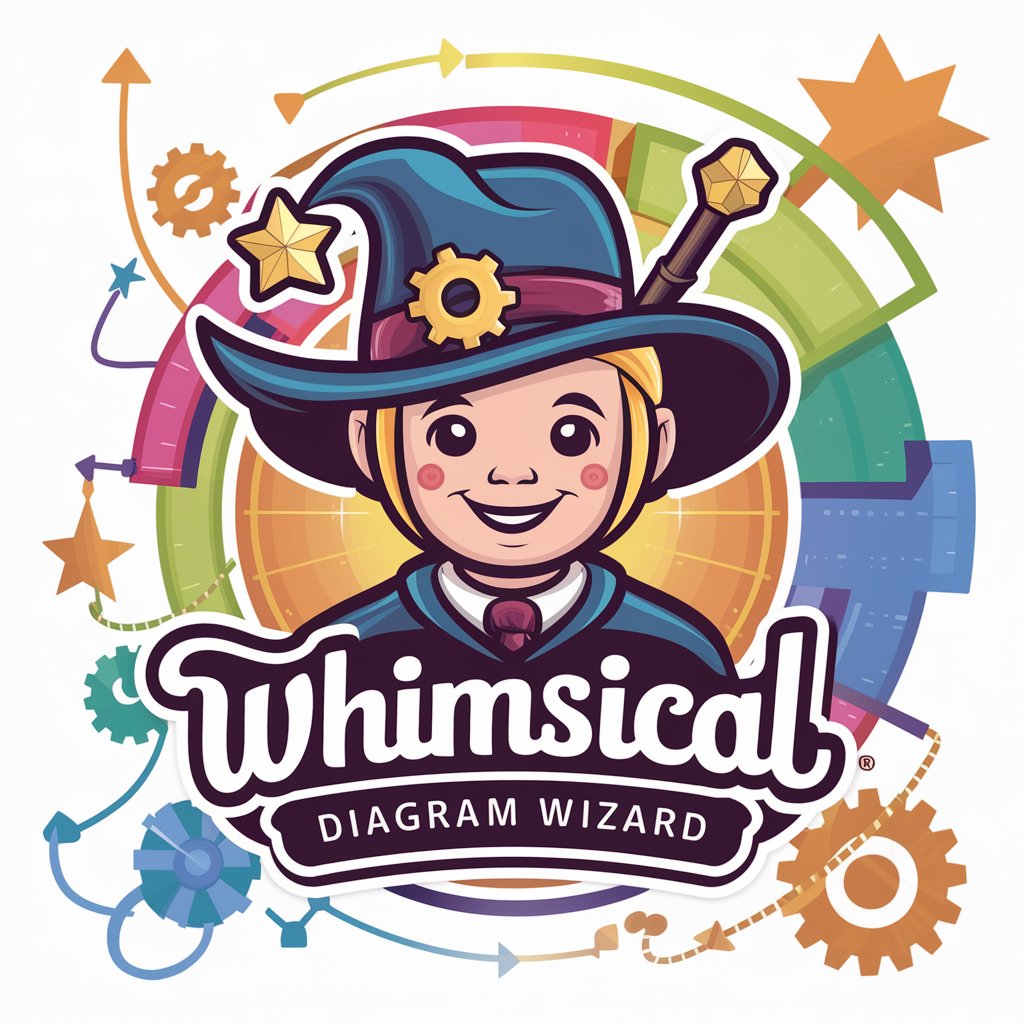
Carousel Title Creator
Craft Titles That Convert, Powered by AI

Title Spark
Craft Captivating Titles with AI

Do Not Stay Stuck
Empowering Your Personal Evolution
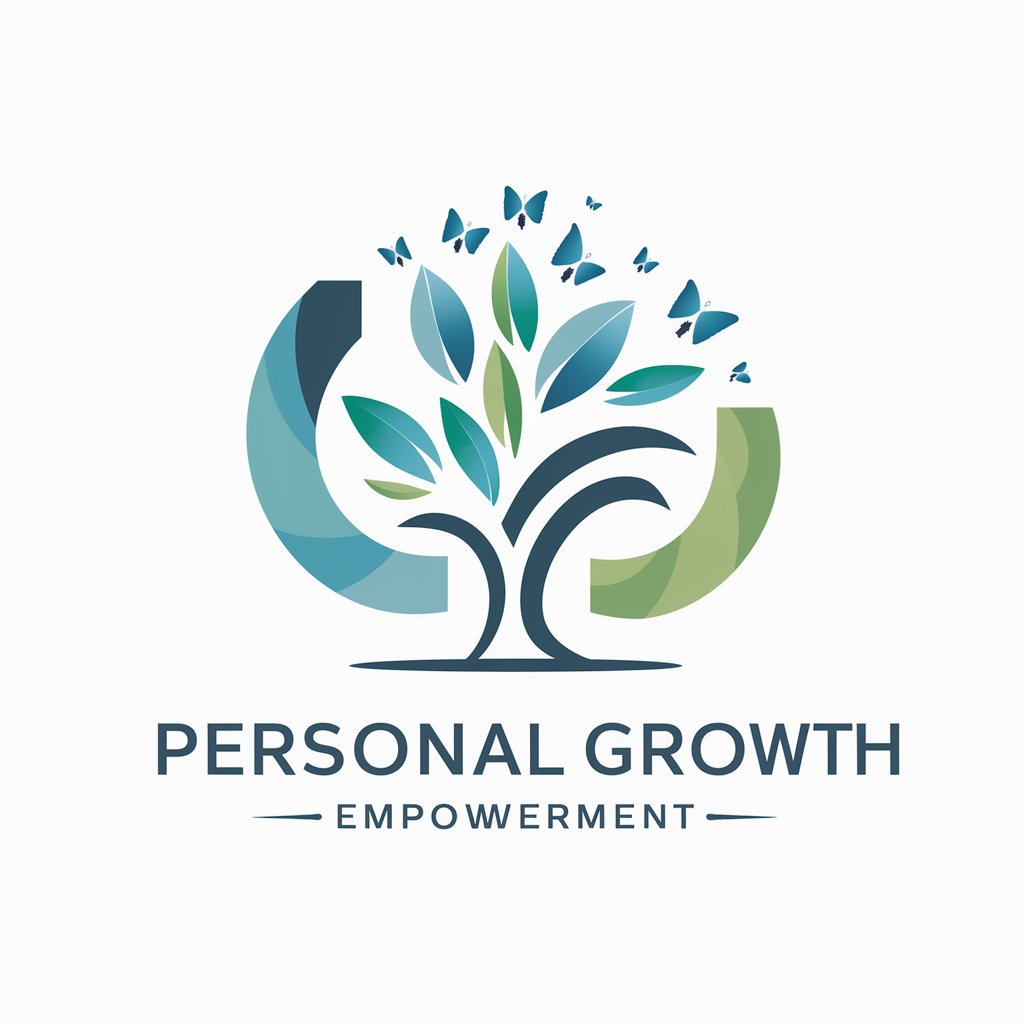
Poisonous or not?
Identify. Educate. Protect. - AI-powered toxic organism identification
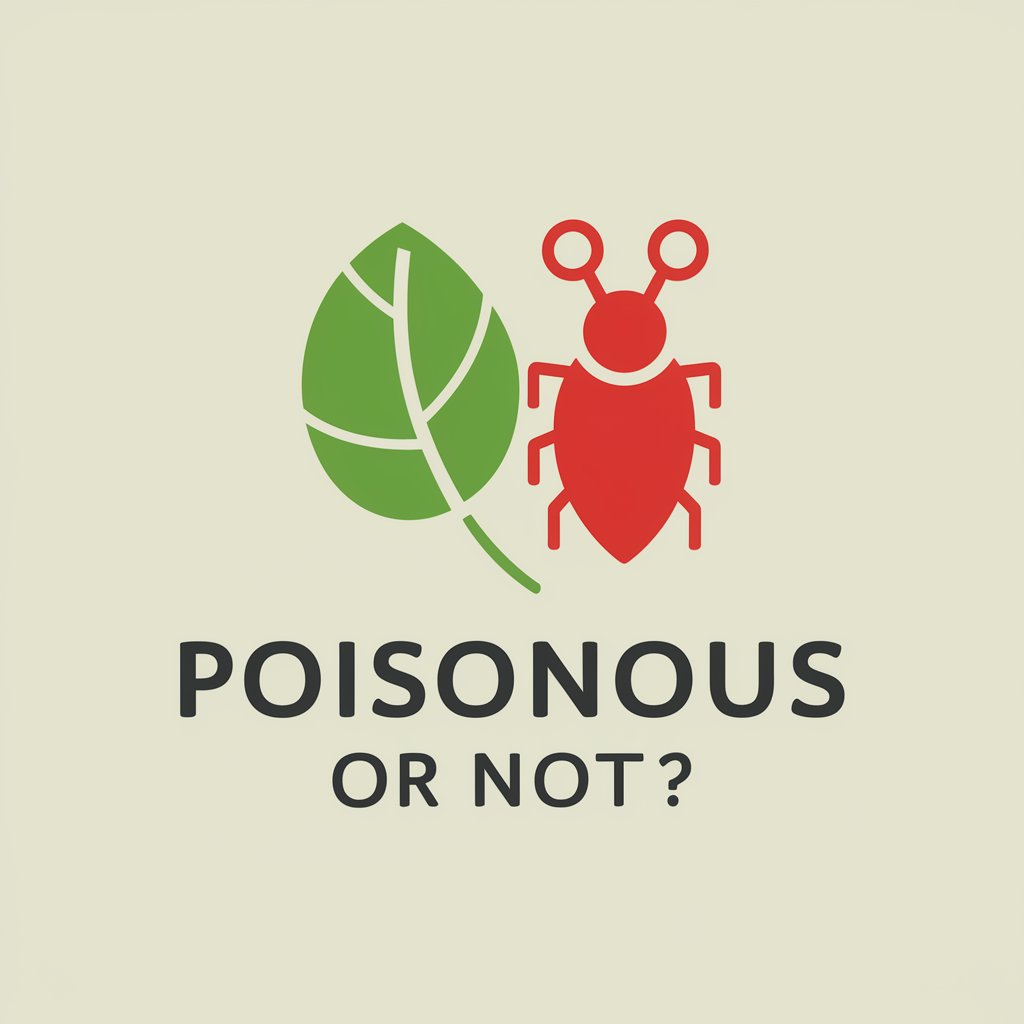
Logo Generator
Empower Your Brand with AI-Driven Logo Design
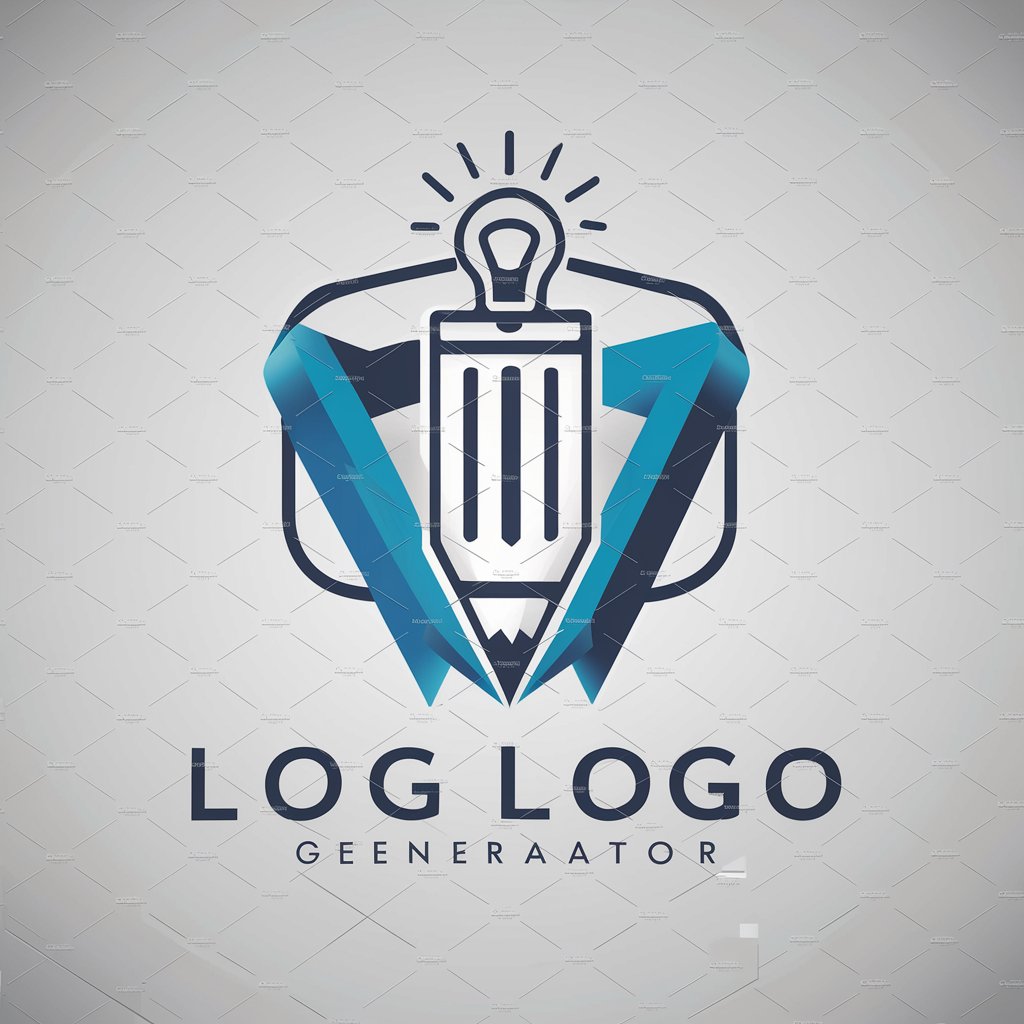
Logo Crafter
Craft Your Brand's Future with AI
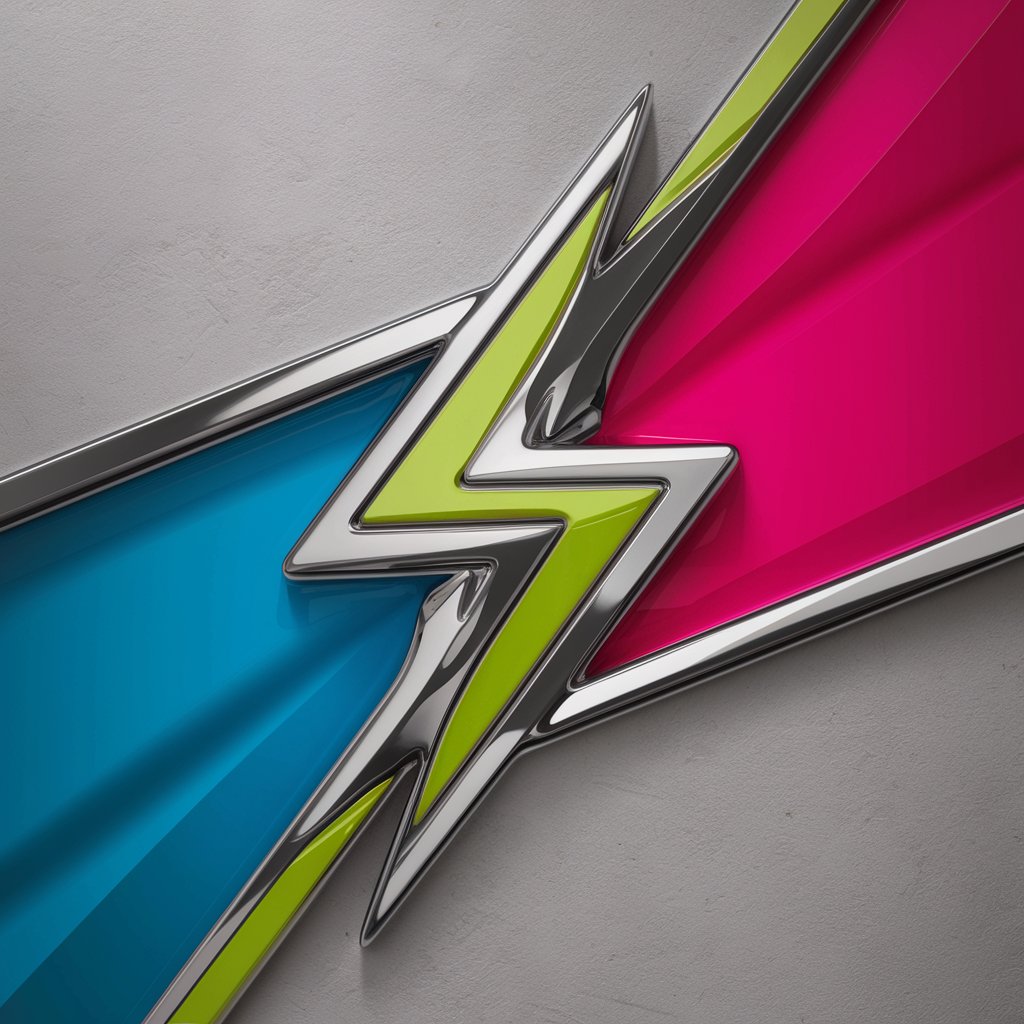
IO bro
Unlock insights with AI-powered intelligence
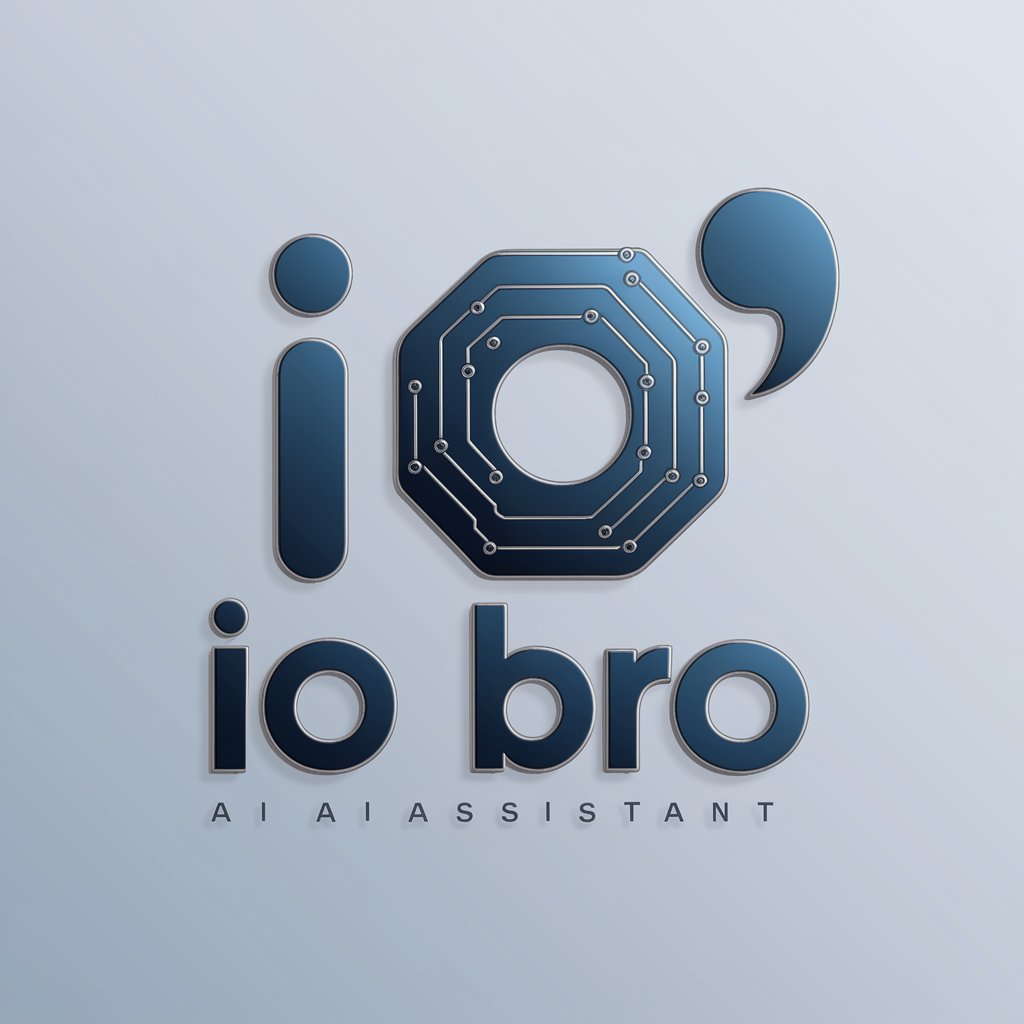
ProductTweet Generator - R2d3.io
Empower Your Tweets with AI Creativity
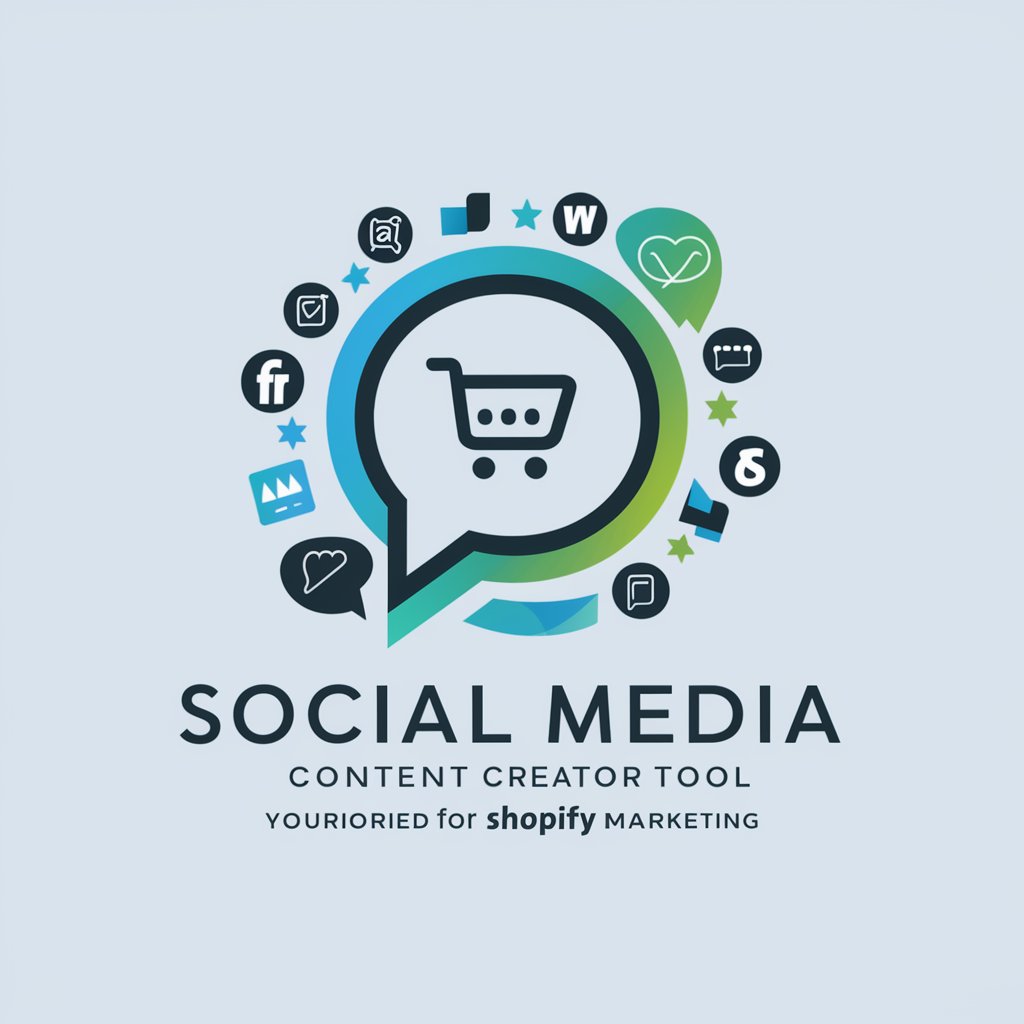
Frequently Asked Questions About Waste Not
What makes Waste Not unique?
Waste Not specializes in providing tailored suggestions for repurposing waste materials in homes and businesses. It offers practical uses for waste and connects users with industries that can benefit from these materials, all while encouraging stewardship and sustainability.
Can Waste Not help me with household waste?
Absolutely! Waste Not offers numerous ideas for repurposing common household waste, from composting organic waste to upcycling furniture and textiles, promoting a more sustainable and resourceful home environment.
How does Waste Not support businesses in waste management?
Waste Not aids businesses in conducting waste audits, identifying repurposing opportunities, and connecting with industries for waste diversion. This supports corporate sustainability goals and can lead to operational efficiencies.
Is Waste Not suitable for educational purposes?
Yes, educators can use Waste Not as a resource to teach sustainability, resource management, and creative repurposing. It offers a practical approach to understanding and addressing waste issues.
How does Waste Not promote sustainability?
Waste Not fosters environmental stewardship by encouraging the repurposing of waste, thus minimizing landfill dependency, conserving resources, and supporting circular economic principles.
